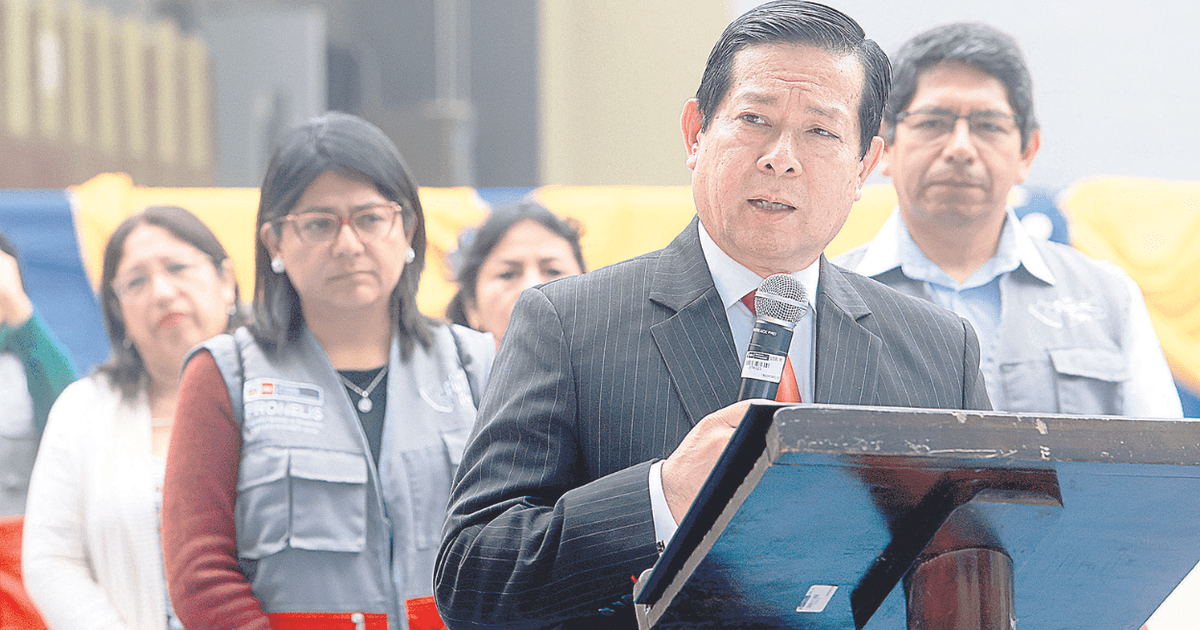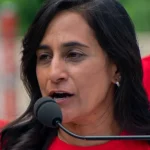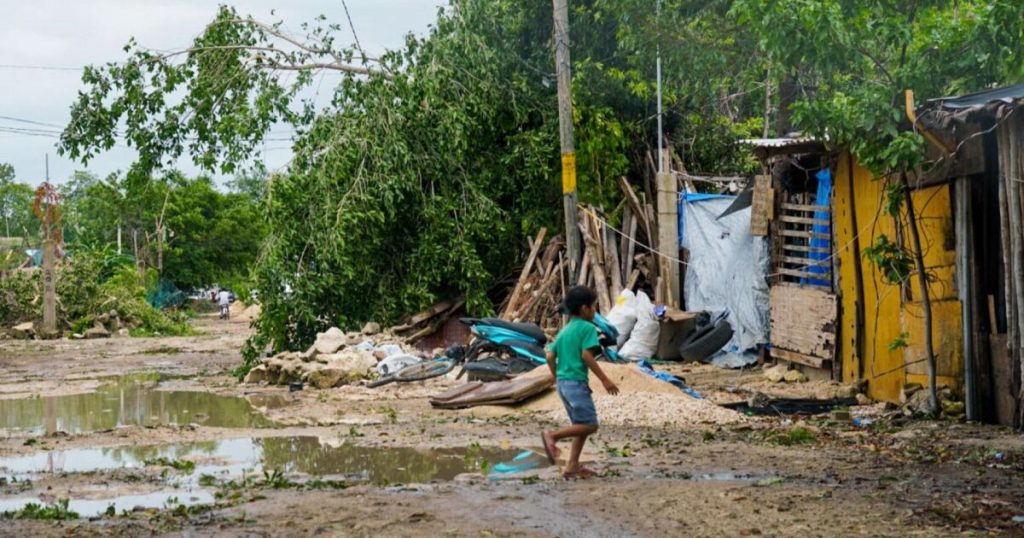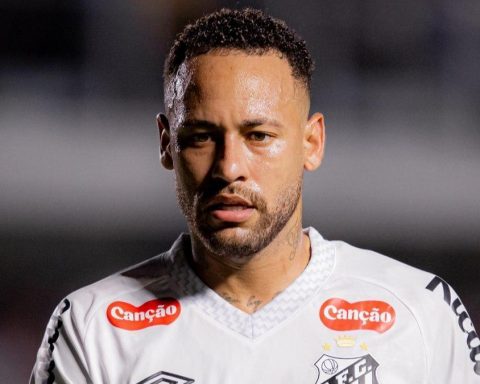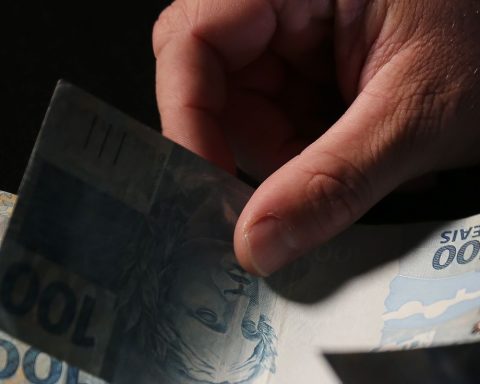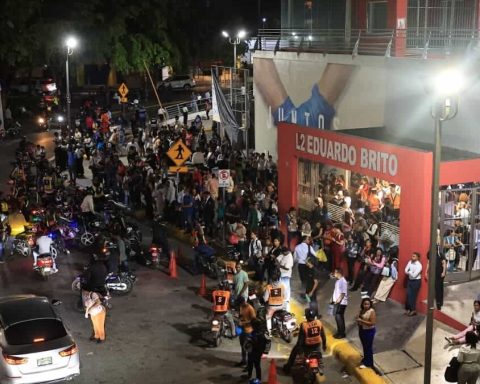At the close of this report, according to the Congress portal, the Government did not observe the autograph of the law that modifies the definition of organized crime and
requires that the searches be carried out in the presence of the person under investigation and his lawyer. As with the law prescribing crimes against humanity,
No member of the Executive has expressed a position on the matter, except for the Minister of Justice, Eduardo Arana.
On May 31, after the Congress approved in the first vote the opinion on organized crime, Spider He came out to support the decision of the Plenum: “We must put a stop to the prosecutors because they cannot classify any fact that occurs to them and consider them as part of a criminal organization just to satisfy the need to have time.”
The minister was asked what he thought about the modifications to the raids, but Spider He again criticised the power of prosecutors to determine, with “sole discretion and without any control,” when a group of people should be considered as a suspected organised crime group.
The position of the Minister of Justice Contradicts the opinion of the Directorate General of Criminological Affairs from the portfolio that he leads. This office sent the Justice Commissionwith knowledge of Eduardo Aranaup to two reports in which it concludes that the proposed modifications to the Law against Organized Crime are not viable.
Minjus report sent to Congress
Investigated
The Minister’s statement Spider in favor of Congress modifying the definition of a criminal organization comes weeks after the Prosecutor’s Office adapted the investigation against him for influence peddling to the Law against Organized Crime.
The First Temporary Supreme Prosecutor’s Office Specialized in Crimes Committed by Public Officials On May 7, the court ordered the investigation to be brought into compliance with said norm and to extend the deadline for investigating the telephone call between Arana and Walter Riosdismissed former president of the Superior Court of Callao and implicated in the case The White Collars of the Port.
The defense of the head of Justice was dissatisfied with the decision and requested the Public ministry to conclude the preliminary proceedings and issue a ruling (to file or file a constitutional complaint). However, the request was rejected, so they turned to the Supreme Court of Preparatory Investigation to carry out a control of deadlines.
At the hearing, the minister’s lawyer, Fernando Cirilo Rodriguezcriticized the fiscal provision since, in his opinion, there are no concrete elements for it. He also warned that the term could be extended up to 36 months because it is within the scope of the Law against Organized Crime.
On the contrary, the Supreme Deputy Prosecutor Carol Cuba Peralta justified the fiscal decision on the grounds that the fact under investigation is related to the criminal conduct of the alleged criminal organization The White Collars of the Portwhere Walter Rios is considered the “boss.” He also indicated that the investigation was extended for only 8 months.
The Supreme Court Judge of Preparatory Investigation Juan Carlos Checkley declared the minister’s appeal unfounded Eduardo Aranaimplicitly recognized the power of the Public ministry to design the research strategy and determined that the deadline for the preliminary investigation will end on January 8, 2025.
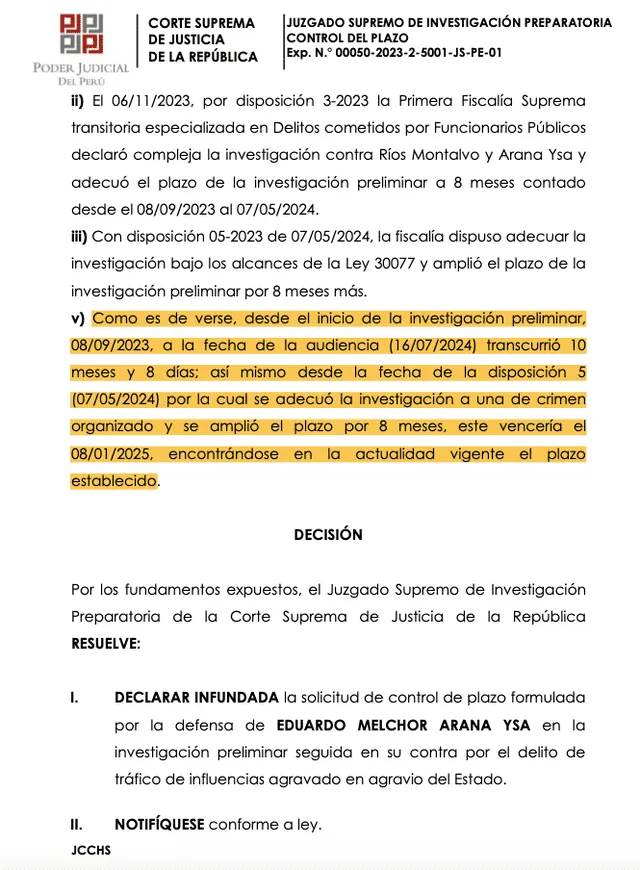
Minister Arana’s appeal rejected
Conflict
Consulted by The Republicthe criminal lawyer Andy Carrion He indicated that, although he believes that the concept of criminal organization should be regulated, he questioned the timing of the minister’s statements. Eduardo Arana.
“What one has to do is submit to investigations. The opinions of the minister are not like those of a private person. If you are a minister, you must ensure that everyone abides by the rules. If there is a problem with the legislative sphere, then Congress is already taking action on the matter,” he said.
Government did not oppose the impunity law
According to the project file, at the time of writing this report, the Executive had not yet observed the signature of the law that prescribes crimes against humanity. Now, Congress has the clear path to directly promulgate the law.
The Inter-American Court of Human Rights ordered Peru to take the necessary actions to prevent the so-called “impunity law” from being implemented. However, President Dina Boluarte and the then President of Congress, Alejandro Soto, rejected the order of the supranational court and sent a letter “deploring” its recommendation.
